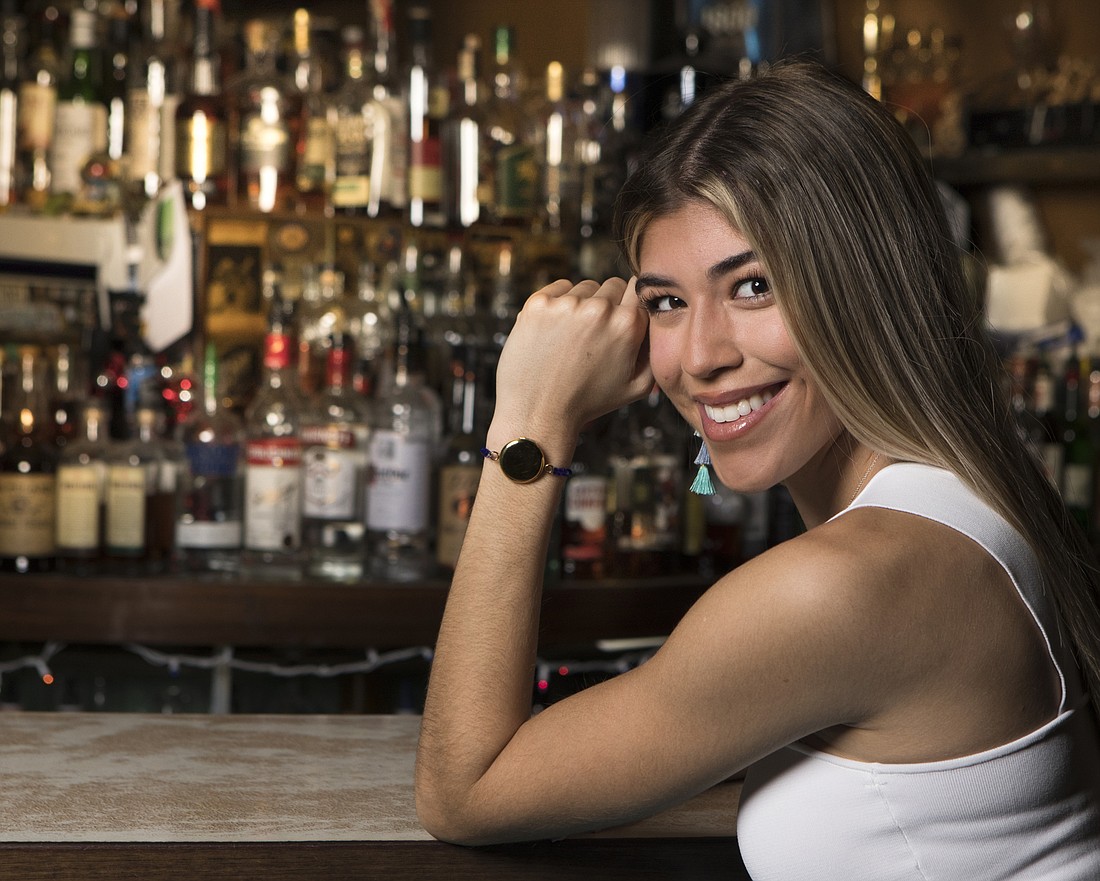- December 13, 2025
-
-
Loading

Loading

Date rape has, sadly, become an all-too-common threat for young women. Drugs such as Gamma-Hydroxybutyrate (GHB) and Ketamine are easy to acquire and don’t alter the taste or appearance of alcoholic drinks and other beverages served in bars and clubs.
According to statistics compiled by the Rape, Abuse and Incest National Network and the Association of American Universities, more than 35% of college-age women (ages 18-24) have been raped or sexually assaulted as a result of spiked drinks, and women are the victims of 90% of the 463,000 cases of sexual assault that are reported, on average, each year in the United States.